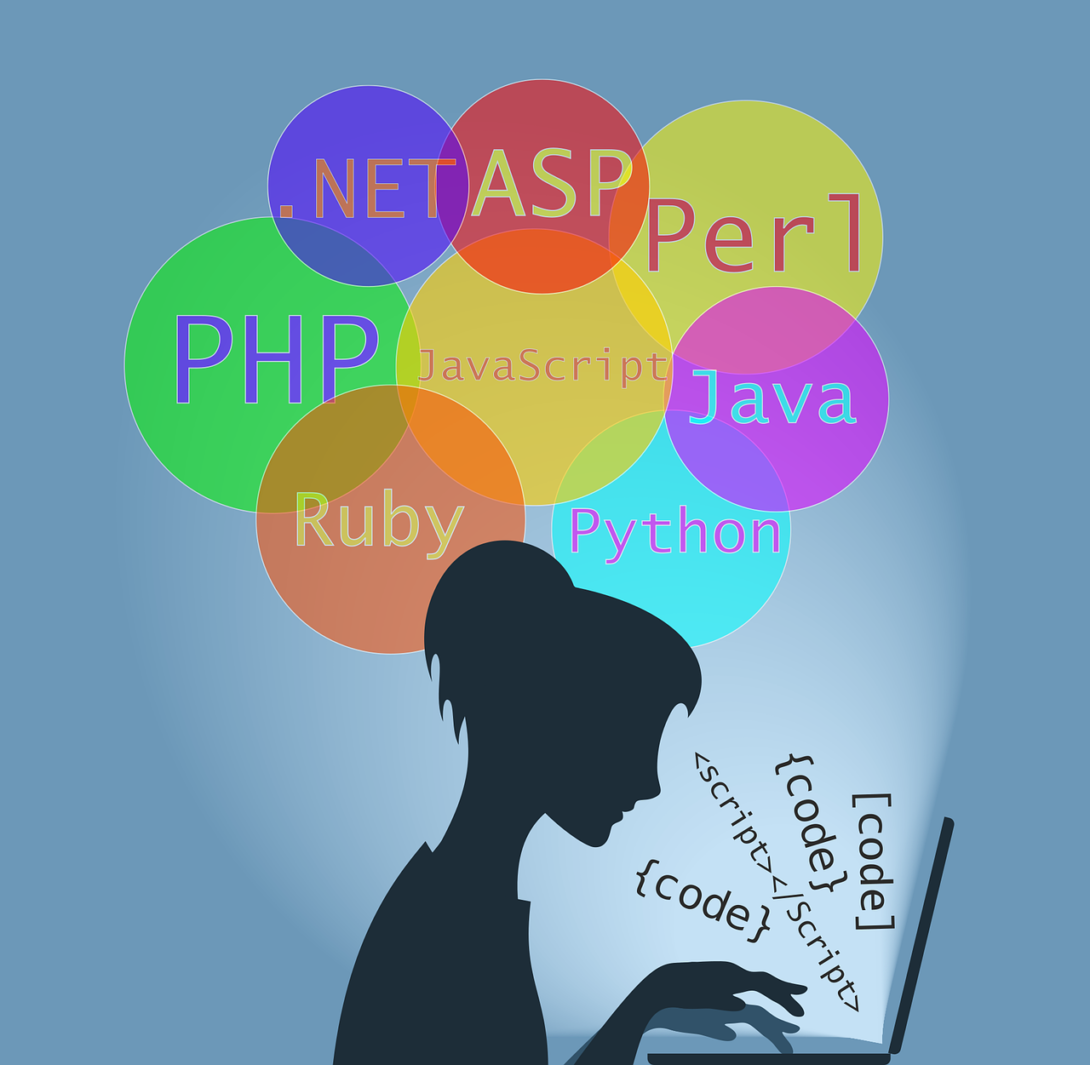A PHP developer writes the logic of a server-side web application. In addition, PHP programmers provide back-end components, connect the application to other online services, and support front-end designers. They’re also frequently called upon to create and integrate plugins for popular frameworks.
PHP is a tough language to master, and it places a higher duty on the developer to assure the application’s reliability and performance than is typical. This article will provide you with a sample PHP developer job description that will assist you in writing a great job ad and ensuring that you can quickly locate and hire the right person for the position.
PHP Developer Roles and Responsibilities
The plethora of duties that PHP developers are expected to complete keeps them rather busy. These include, but are by no means limited to:
- Create, test, and launch new, innovative website apps quickly and effectively while collaborating with other developers to satisfy data acquisition needs.
- Develop strategies for keeping the website current and up to date, making performance recommendations, building and fine-tune style rules for the website’s content, and selecting the most efficient design tools, programming languages, and apps.
- Specifications for the website should be described in full, including product features, budget, programming languages, communication protocols, functionality, structure, and deadlines.
- Reading, continuing education options, and participation in relevant professional courses, clubs, and conferences will keep you up to date on the newest programming methods and online technologies.
- Identify and resolve CSS, HTML, and scripting compatibility issues, which can occur across various platforms and browsers.
- Test websites on various browsers (mobile, laptop, tablet) and address any issues that arise from client input.
- Work with and communicate with other development teams.
Tools for Web Development
Web development tools enable web developers to test and debug code and interavariousriety of web technologies handled by browsers. They can be installed as add-ons or as a built-in function of the web browser. Unfortunately, today’s popular online browsers, such as Google Chrome, Microsoft Edge, and Opera, each have their own set of add-ons and functionality. Therefore, web developers must constantly improve their skill set with newer and more versatile web development tools to keep up with the escalating expectations of web browsers.
The following are some of the most widely used web development tools:
- Creative Tim
- Angular JS
- Typescript
- WebStorm
- CodeKit
How to Become a PHP Developer?
If you’ve decided to become a PHP developer (or if you’ve prudently opted to upskill), you’ll need a well-thought-out strategy.
1st step
To begin, you need to have a Bachelor’s degree in a relevant field, preferably computer science, software engineering, or programming. However, keep in mind that a bachelor’s degree isn’t always required; verifiable work experience in one of the professions listed above may be considered instead.
Step 2:
Then, of course, you should learn the PHP programming language. Many PHP learning resources are available online and classes at colleges, adult education programs, and online learning institutes. Keep in mind that there isn’t just one PHP training; there are Basic and Advanced options.
3rd step
The next step is to put what you’ve learned into action. The more you practice with PHP, the more at ease you’ll be with it. Begin by writing something in pure code, then progress to more complex programming as you experience the language.
4th step
Finally, ambitious PHP professionals should become certified, which may be done by attending a course and passing an exam. With that certification, you can demonstrate to potential employers that you are proficient in PHP development.
If all of this sounds too difficult, there is a simple remedy. Continue reading to learn the best method for mastering PHP development.
Skills a PHP developer should have
- Knowledge of other programming languages
If you want to succeed as a PHP developer in a competitive job market, knowing only PHP code isn’t enough. To recognize and solve any faults in web design, a thorough understanding of front-end programming languages such as JavaScript, CSS, and HTML is required. In addition, known, unfortunately, today’s how these languages affect the user experience (UX), which is the end aim in most programming projects, can help you better understand them. It’s also crucial to be familiar with databases (mainly MySQL and common alternatives such as PostgreSQL and Oracle). In the end, having a well-rounded technical skill set is one of the most crucial ways to make yourself a valuable member of any development team.
- Get to grips with PHP best practices and design patterns
All software development, including PHP, benefits from design patterns. They have the potential to accelerate growth by providing reproducible answers to common challenges. They also aid code readability by allowing other developers to detect the patterns utilized. Factory, Strategy, and Singleton are some of the most frequent design patterns in PHP applications, but there are plenty more to learn. More broadly, save time by brushing up on the best practices for dealing with various PHP frameworks. The language has a large community behind it and has been around for more than two decades; take advantage of it to avoid making the same mistakes as others before you.
- Be comfortable with Composer, PSR, PHPUnit
These are some of the resources that will help you become a better PHP programmer. Composer is a dependency manager that manages your libraries, classes, and functions, allowing you to switch between different versions of each per project simply. The composer will also check for new versions of these libraries (or packages) and perform any necessary updates. A list of ready-made Composer-compatible packages can also be found here. The PHP Standard Recommendation (PSR) is a PHP specification that aims to standardize PHP programming ideas and promote PHP component and framework interoperability. The PHP Framework Interoperability Group (PHP-FIG) publishes it, and there are presently 13 recognized standards, each with its own set of requirements, with more on the way. To assist decrease unnecessary variances in PHP code, PHP developers should study and follow these standards.
On the other hand, PHPUnit is a popular unit testing framework for comparing expected results against small parts of code. Unit testing is an excellent practice for any PHP developer, and it may be used in a Test-Driven Development (TDD) method, where tests are developed before the code.
- Problem Solving
Learning the ‘hard’ technical abilities is one part of being a high-level PHP developer. Still, without the correct mix of complimentary soft skills, you’re unlikely to make it to the top. Problem-solving is one of them, and it’s essential in all aspects of web development. As a PHP developer, you’ll encounter unanticipated challenges that you’ll need to resolve, and how you do so will determine how valuable you are on a development project. Critical thinking, or the ability to assess and evaluate many solutions to a problem to arrive at the most effective one, is also necessary for developing good code.
- Good Communication
Even if you are a PHP wiz, you may find it challenging to work effectively on a team project if you don’t know how to interact with others. You must be able to communicate with clients, coworkers, and managers, comprehend project/business goals, raise concerns, and explain how your work fits into the overall product. Remember that successful communication includes speaking on the phone, through video conference, or in person, as well as using email and messaging apps, even if you prefer to work behind a screen.
Conclusion
It is essential to be adaptable and willing to learn PHP. Learn PHP programming languages, PHP evolves with time, and companies are more likely to recruit engineers who are up to date on the newest language and application developments. Even if you’re confident in your PHP skills, there’s always something new you can pick up from others. So keep your head down and your curiosity alive, and you’ll keep moving forward.



